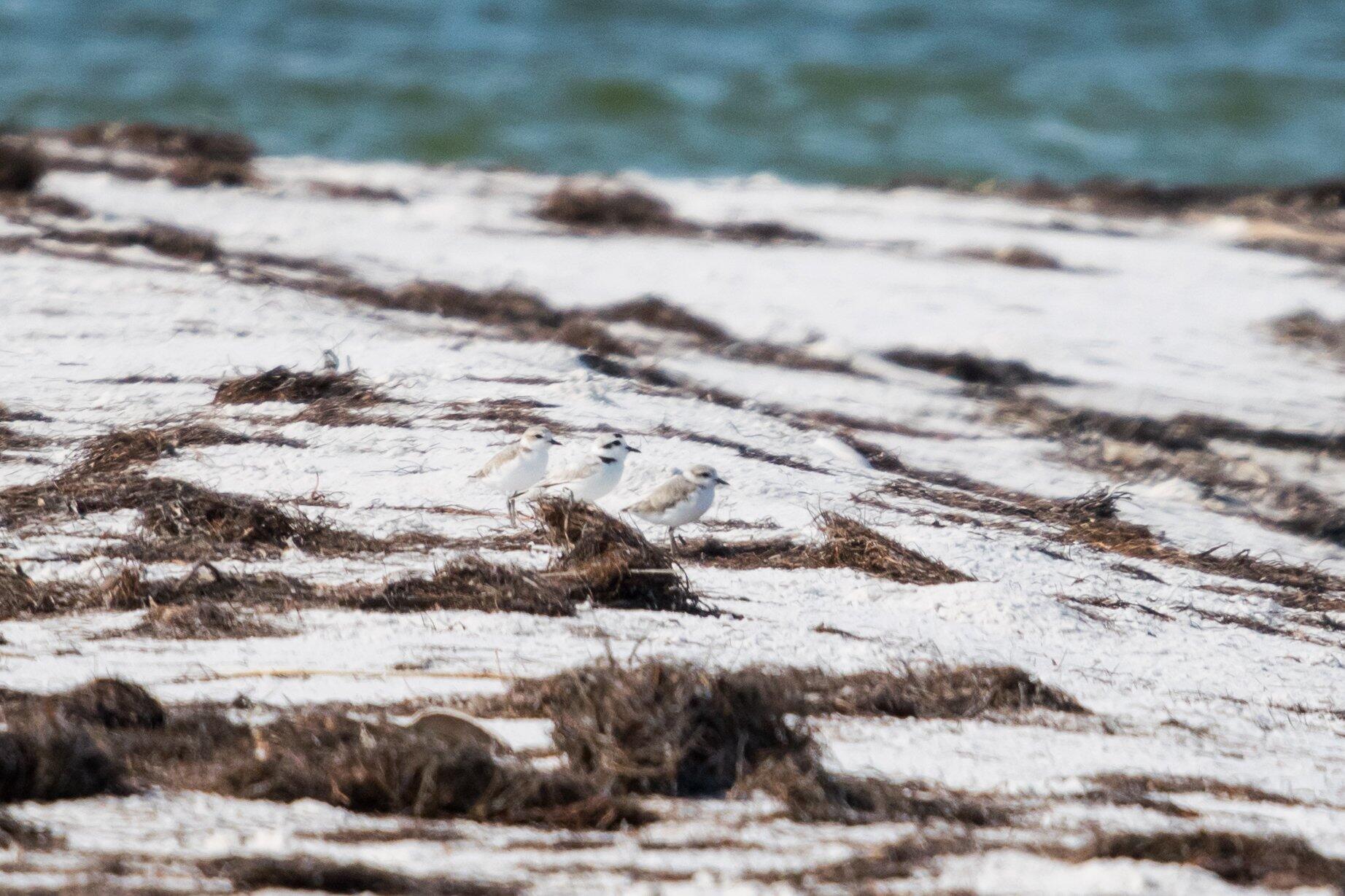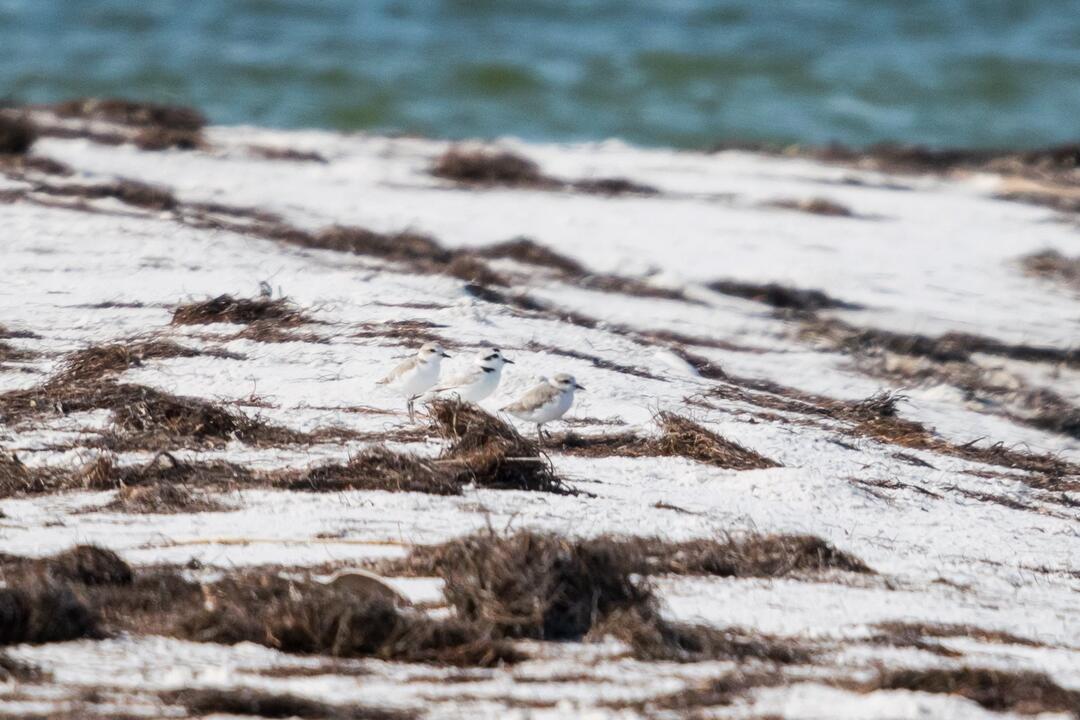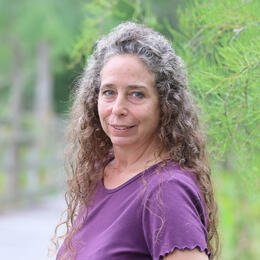Spring and summer mark critical times of year for several vulnerable sea and shorebird species, as they must avoid human disturbance, storms, and predators to successfully raise their chicks. Species including Snowy Plovers, American Oystercatchers, Black Skimmers, and Least Terns lay their eggs right on the sand. They perceive people as a threat and will take flight whenever beachgoers, or their dogs, approach too closely. Repeated human disturbance often results in birds abandoning the nesting site, causing the loss of eggs and possibly the end of the nesting season for these beach-nesting birds.
“These birds are extremely vulnerable to human disturbance,” said Caroline Stahala, PhD, Audubon Shorebird Program Manager for the Florida Panhandle. “It is important for beach-goers to heed signage and avoid areas posted for nesting birds, even if they don't notice any birds inside the posted area,” she added.
Several locations across the panhandle experienced major flooding during the recent high tides, including Phipps Preserve, Dog Island, Little St. George Island, and St. George Island State Park. This makes it even more important to minimize added pressure from human activities.
How to help beach-nesting birds raise their next generation of chicks to adulthood:
• Respect posted areas, even if you don’t see any birds inside.
• If birds dive-bomb you, carefully move away as there may be a nest nearby.
• Ensure no trash or food remnants are left behind, as this can attract predators.
• Where dogs are allowed, keep them on a leash, on board your boat, or at home.
Harassment or take of endangered or threatened birds, their eggs, or young is a violation of the State Law, Chapter 68A-27 F.A.C., and may subject violators to criminal penalties. The attempt to take or possess any migratory bird, their nest, or eggs is a violation of Federal Law, 16 USC Sec. 703.
Audubon Florida protects birds and the places they need, today and tomorrow. Audubon works throughout the Americas using science, advocacy, education, and on-the-ground conservation. State programs, nature centers, chapters, and partners give Audubon an unparalleled wingspan that reaches millions of people each year to inform, inspire, and unite diverse communities in conservation action. A nonprofit conservation organization since 1900, Audubon believes in a world in which people and wildlife thrive.









